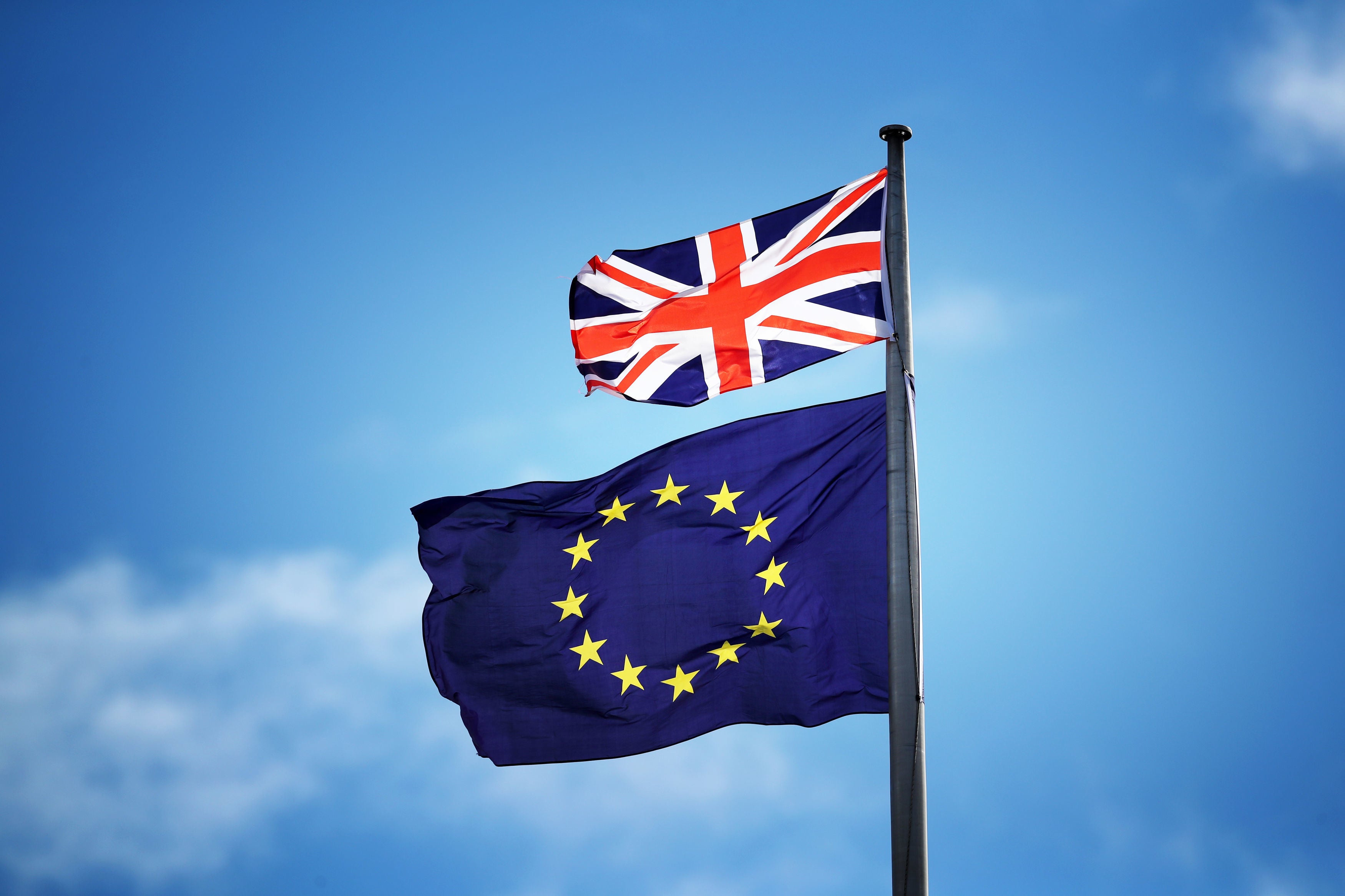- News
- UK
- UK Politics
Exclusive: Britons also up to £3,700 worse off, leading to calls for the Labour government to improve relations with the EU
Kate DevlinWhitehall Editor Monday 24 November 2025 19:33 GMTComments
 CloseReeves blames Brexit for Britain's election woes
CloseReeves blames Brexit for Britain's election woes
Sign up to our free Brexit newsletter for our analysis of the continuing impact of Brexit on the UK
Sign up to our free newsletter for the latest analysis on Brexit's impact
Sign up to our free newsletter for the latest analysis on Brexit's impact
 Email*SIGN UP
Email*SIGN UPI would like to be emailed about offers, events and updates from The Independent. Read our Privacy notice
Brexit is costing the UK up to £90bn a year in lost tax revenues, a new analysis shows just days before Rachel Reeves prepares to hike levies in her make-or-break Budget.
The average Briton is also thousands of pounds worse off, leading to calls for ministers to “fix our broken relationship with Europe”.
As Ms Reeves sets out her Budget on Wednesday, the government’s official watchdog is also expected to confirm that leaving the European Union has been even more disastrous than previously thought.
 open image in galleryBrexit has cost the UK economy billions (PA)
open image in galleryBrexit has cost the UK economy billions (PA)Last month Ms Reeves said the Office for Budget Responsibility (OBR) would be “pretty frank” that Brexit had had “a bigger impact on our economy than even was projected”.
A new study this month from the highly respected US think tank the National Bureau of Economic Research found that the economic damage since the 2016 Leave vote had resulted in the UK’s GDP being between 6 per cent and 8 per cent smaller than it could have been.
New analysis by the House of Commons library estimates that Brexit is costing the Treasury up to £90bn a year in lost tax revenue, and the average Briton has seen a hit to GDP per head between £2,700 and £3,700.
Lib Dem leader Ed Davey, whose party commissioned the new analysis, said: “That is why we have the highest taxes ever, that is why we have sky high bills, that is why we have a cost of living crisis.
He called on Labour to drop its red lines and negotiate a new customs union with the EU, to “fix our broken relationship with Europe”.
 open image in galleryChancellor Rachel Reeves is widely expected to raise taxes in her Budget (Leon Neal/PA) (PA Wire)
open image in galleryChancellor Rachel Reeves is widely expected to raise taxes in her Budget (Leon Neal/PA) (PA Wire)Sir Nick Harvey, chief executive of European Movement UK, said: "Rachel Reeves would be facing very different choices this week if the UK hadn't mangled its ties to its biggest trading partner. The red-tape and uncertainty of the past 9 years have hit every single one of us in the pocket.
“This new analysis from the House of Commons Library shows just how much economic harm leaving the EU has wreaked on us both nationally and individually. Billions lost in tax every year, and all of us several thousand pounds poorer.
"Public opinion is now clear - Brexit has been an unmitigated disaster for the UK's economy. This week's Budget will likely mean many of us paying even more to fill the gaping hole in the country's finances. It's time for the government to fully acknowledge the ongoing harm leaving the EU has done, and to revisit its 'red lines', to start to breathe some life back into the UK's finances."
The NBER said previous forecasts had been accurate over a 5-year time frame “but they underestimated the impact over a decade”.
Earlier forecasts had predicted an average hit of around 4 per cent to GDP, they said, close to the 4 to 6 per cent impact they estimated by 2021, five years after the 2016 vote. They added: “However, we note that our longer-run estimate of the impact of Brexit on GDP is more negative at 6 per cent to 8 per cent”.
The Treasury declined to comment.
More about
European UnionBrexitRachel ReevesBudgetJoin our commenting forum
Join thought-provoking conversations, follow other Independent readers and see their replies
Comments

